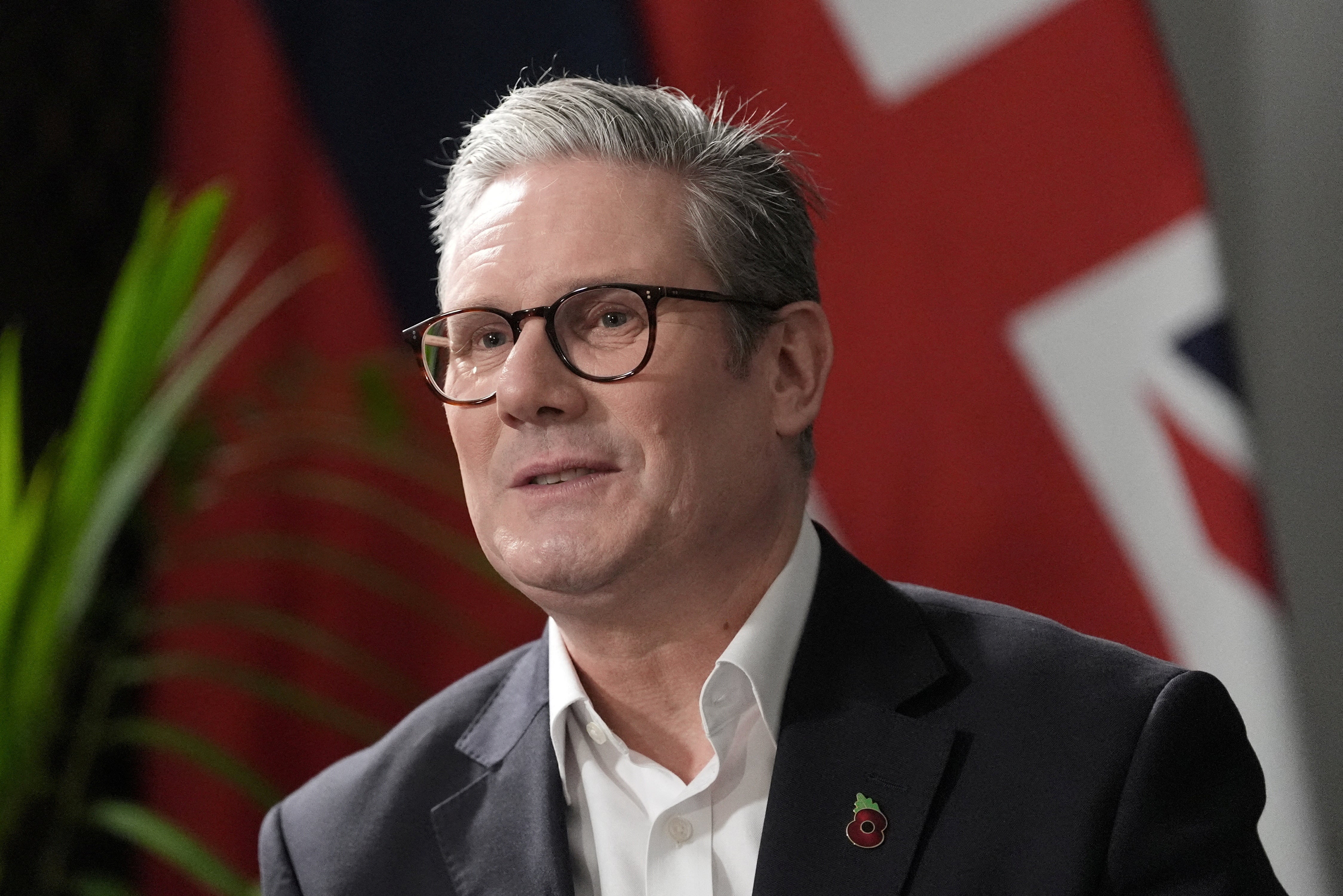Starmer climbs down over claim stock owners not ‘working people’
The government has been asked repeatedly to define ‘working people’
Your support helps us to tell the story
From reproductive rights to climate change to Big Tech, The Independent is on the ground when the story is developing. Whether it's investigating the financials of Elon Musk's pro-Trump PAC or producing our latest documentary, 'The A Word', which shines a light on the American women fighting for reproductive rights, we know how important it is to parse out the facts from the messaging.
At such a critical moment in US history, we need reporters on the ground. Your donation allows us to keep sending journalists to speak to both sides of the story.
The Independent is trusted by Americans across the entire political spectrum. And unlike many other quality news outlets, we choose not to lock Americans out of our reporting and analysis with paywalls. We believe quality journalism should be available to everyone, paid for by those who can afford it.
Your support makes all the difference.Sir Keir Starmer has been forced to climb down from his suggestion that he does not consider people who have an income from assets such as shares of property to be working people.
It comes after Labour promised in its manifesto not to raise VAT, income tax or national insurance contributions for “working people”.
The government has been asked repeatedly to define this term, in a bid to establish which taxes may rise in the Budget.
“They [stock owners] wouldn’t come within my definition,” he initially told Sky News during an interview at a Commonwealth summit in Samoa.
Among the levies that are reportedly under consideration for a hike are capital gains tax, inheritance tax, and fuel duty.

Downing Street was later forced to row back from the position, with the PM’s official spokesperson signalling that Sir Keir does not think all owners of stocks and shares fall outside his definition of “working people”.
He clarified that people who hold a small amount of savings in stocks and shares still count, with the spokesperson saying Sir Keir meant someone who primarily gets their income from assets in his interview.
The continuing row over ministers’ definition of working people came as the chancellor signalled she would rewrite the way government debt is measured in her first Budget.
During a round of broadcast interviews while attending the International Monetary Fund (IMF) meeting in Washington DC, Rachel Reeves said she faced difficult choices but insisted her Budget would “begin to fix the NHS and start to rebuild our economy”.
The cost of government borrowing increased in response to speculation the chancellor would change debt rules to spend billions more on investments.
Former Tory chancellor Jeremy Hunt criticised the plans, warning his advice from the Treasury “was always that increasing borrowing meant interest rates would be higher for longer – and punish families with mortgages”.
Ms Reeves confirmed a technical change in the way she would measure progress against the target of managing debt.
Writing in the Financial Times, she said her fiscal rules would be “the rock of stability at the core of my Budget”.
Labour’s 2024 election manifesto said Ms Reeves would follow two rules: the current budget would be in balance so that day-to-day costs are met by revenues, and debt must be falling as a share of the economy by the fifth year of the economic forecast.
On Thursday she confirmed that the way debt is measured as part of that target would be changed to allow greater flexibility.
Ms Reeves is expected to target public sector net financial liabilities (PSNFL) as her new benchmark for government debt rather than the current measure of underlying public sector net debt.
A shift to PSNFL would give her greater headroom to meet her debt reduction target, because it includes a wider mix of state assets and liabilities – notably including expected student loan repayments to offset some of the liability.

Join our commenting forum
Join thought-provoking conversations, follow other Independent readers and see their replies
Comments